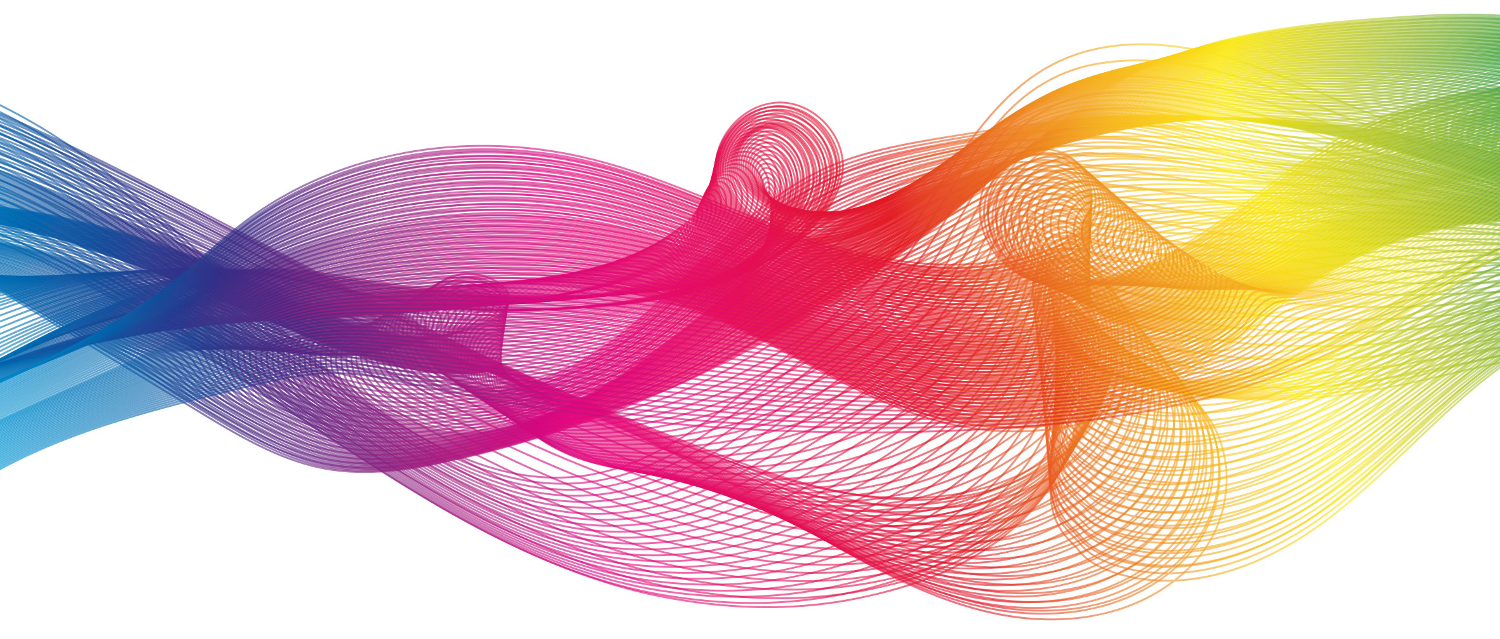Special Issue: “Mediatization and Human-Machine Communication”
Editors
- Göran Bolin (Södertörn University)
- Andreas Hepp (ZeMKI, University of Bremen)
- Wiebke Loosen (Leibniz Institute for Media Research)
Description:
Mediatization research has long been concerned with the interrelationship between the transformation of media and communication on the one hand, and culture and society on the other (Bolin & Hepp 2017; Couldry & Hepp 2013; Ekström et al. 2016; Hjarvard 2013; Krotz 2009). With the spread of “communicative AI” (Guzman & Lewis 2020) – understood as AI-based systems whose function is to communicate with humans (Esposito 2022) – we are currently experiencing the beginning of yet one more change to our media environment. The foundations of this change can be seen in the emergence of “social bots” (Gehl & Bakardjieva 2016) on various platforms, the spread of “artificial companions” such as Apple Siri or Amazon’s Alexa (Thorne 2020), the algorithmic response suggestions (Hancock et al. 2020), or the “work bots” (Hepp 2020) that produce automated journalism (Diakopoulos 2019; Loosen 2018). A further technical boost to all this is the recent development of ChatGPT and GPT-3.5. The increasing success of machine learning and other AI technologies suggests that this is merely the first step toward the automation of communication (Gunkel 2020; Taipale & Fortunati 2018).
Against this background, it seems obvious that research into mediatization and human-machine communication enters into a dialogue that, in the best case, mutually enriches empirical research and the theoretical discussion, helping us to better understand the current changes to media and communication and their consequences. This Special Issue aims to create a starting point for just such a dialogue. The objective is to discuss the following questions based on empirical studies and theoretical considerations:
- To what extent do current phenomena of automated communication represent mediatization re-asserting itself?
- How can approaches to and theories of HMC and mediatization research mutually relate to and enrich one other?
- What will be the consequences to theorizing media and empirical research?
For more information or questions, please contact Andreas Hepp (ahepp@uni-bremen.de).
Keywords: Human-Machine Communication, Mediatization, communicative AI,
Deadline: Submissions are due March 15th, 2023, and the publication will be in September, 2023. All manuscripts should be submitted via the journal’s online submission system (https://hmcjournal.com) with the remark, “Special Issue” in the cover letter. In the online submission system, there will be a drop-down menu under Document Type. Please choose “Special Issue Submission.” For formatting and length specifications, please see the journal’s Instructions for Authors.
References:
Bolin, G., & Hepp, A. (2017). The complexities of mediatization: Charting the road ahead. In O. Driessens, G. Bolin, A. Hepp, & S. Hjarvard (Eds.), Dynamics of mediatization (pp. 315-331). London: Palgrave.
Couldry, N., & Hepp, A. (2013). Conceptualising mediatization: Contexts, traditions, arguments. Communication Theory, 23(3), 191-202.
Diakopoulos, N. (2019). Automating the news. Cambridge: Harvard University Press.
Ekström, M., Fornäs, J., Jansson, A., & Jerslev, A. (2016). Three tasks for mediatization research: contributions to an open agenda. Media, Culture & Society, 38(7), 1090-1108.
Esposito, E. (2022). Artificial communication. Cambridge: MIT.
Gehl, R. W., & Bakardjieva, M. (Eds.). (2016). Socialbots and their friends: Digital media and the automation of sociality. London: Routledge.
Gunkel, D. J. (2020). An introduction to communication and artificial intelligence. Cambridge: Polity.
Guzman, A. L., & Lewis, S. C. (2020). Artificial intelligence and communication: A Human-Machine Communication research agenda. New Media & Society, 22(1), 70-86.
Hancock, J. T., Naaman, M., & Levy, K. (2020). AI-Mediated communication: Definition, research agenda, and ethical considerations. Journal of Computer-Mediated Communication, 25(1), 89-100.
Hepp, A. (2020). Deep mediatization. London: Routledge.
Hjarvard, S. (2013). The mediatization of culture and society. London: Routledge.
Krotz, F. (2009). Mediatization: A concept with which to grasp media and societal change. In K. Lundby (Ed.), Mediatization: Concept, changes, consequences (pp. 19-38). New York: Peter Lang.
Loosen, W. (2018). Four forms of datafied journalism. Journalism’s response to the datafication of society. Communicative figurations working paper, 18, 1-10.
Taipale, S., & Fortunati, L. (2018). Communicating with machines: Robots as the next new media. In A. L. Guzman (Ed.), Human-machine communication (pp. 201-220). New York: Peter Lang.
Thorne, S. (2020). Hey Siri, tell me a story: Digital storytelling and AI authorship. Convergence: The International Journal of Research into New Media Technologies, doi:10.1177/1354856520913866
